Envisioning a future for Bornean orangutans
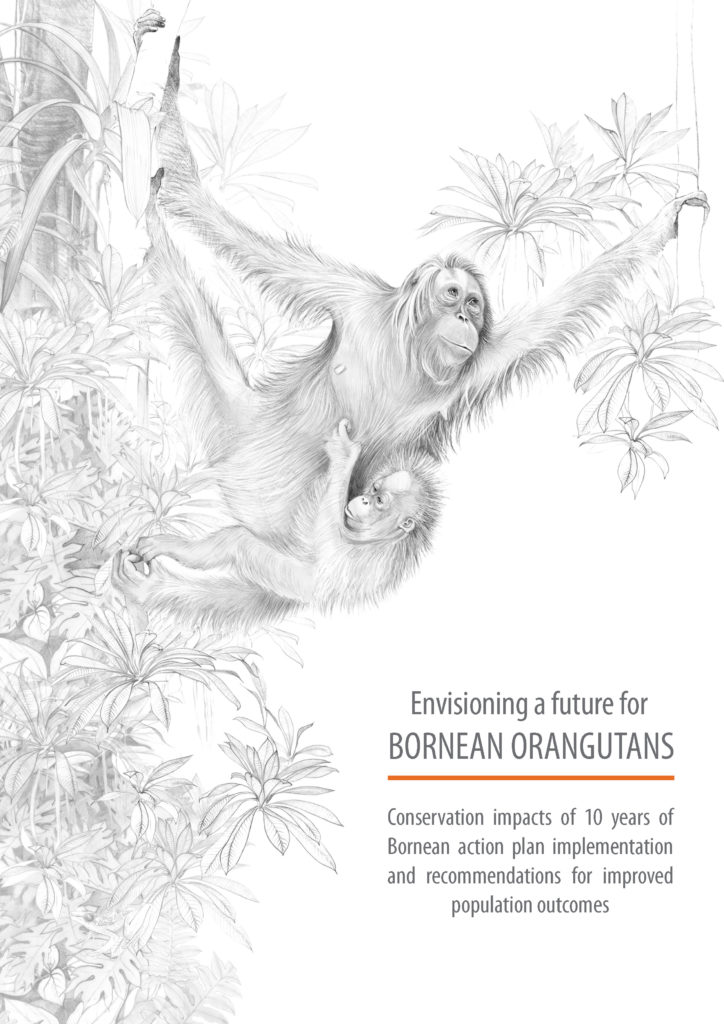
Are Zero-Deforestation Commitments Working?
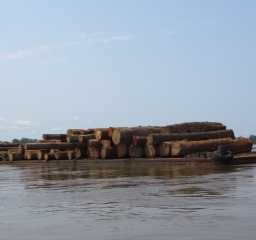 Tropical rainforests are being destroyed at an alarming rate as they’re converted into palm oil plantations and other commodity forests. It’s hoped that corporate zero-deforestation pledges are helping reverse that trend. Read more
Tropical rainforests are being destroyed at an alarming rate as they’re converted into palm oil plantations and other commodity forests. It’s hoped that corporate zero-deforestation pledges are helping reverse that trend. Read more
By Julian Smith
June 29, 2015
Mongabay.com
In Praise of Ugly Animals…
Why concern oneself with something you cannot relate to or would rather not see? The answer is simple: these species form the very basis of our ecosystems. Read more
Africa Geographic Magazine
by
Sara Mizzi
26 June 2015
IUCN Report Highlights Risks to West and Central African Wildlife
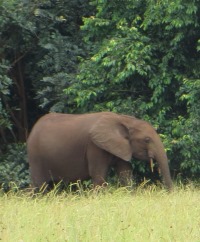 Improved legislation and more effective protection are needed to save the wildlife of West and Central Africa.
Improved legislation and more effective protection are needed to save the wildlife of West and Central Africa.
Read the press release and download the report here.
Wildlife Impact joins Species Survival Network
 Wildlife Impact is a proud member of the Species Survival Network (SSN), an international coalition of over eighty non-governmental organizations (NGOs) committed to the promotion, enhancement, and strict enforcement of the Convention on International Trade in Endangered Species of Wild Fauna and Flora (CITES). Founded in 1992, the SSN works to prevent over-exploitation of animals and plants due to international trade through scientific and legal research, education and advocacy.
Wildlife Impact is a proud member of the Species Survival Network (SSN), an international coalition of over eighty non-governmental organizations (NGOs) committed to the promotion, enhancement, and strict enforcement of the Convention on International Trade in Endangered Species of Wild Fauna and Flora (CITES). Founded in 1992, the SSN works to prevent over-exploitation of animals and plants due to international trade through scientific and legal research, education and advocacy.
USFWS extends endangered species protection to wild and captive chimpanzees
After a long campaign by global scientists and 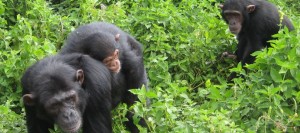 advocates, USFWS today extended endangered species protection to wild and captive chimpanzees! http://www.fws.gov/endangered/what-we-do/chimpanzee.html
advocates, USFWS today extended endangered species protection to wild and captive chimpanzees! http://www.fws.gov/endangered/what-we-do/chimpanzee.html
Recycle electronics to save rainforests and wildlife
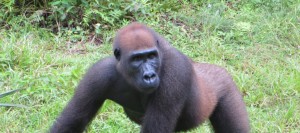 Coltan is a mineral mined in the Congo basin rainforests and used in small electronics and medical devices. This mining destroys the rainforest habitats of Critically Endangered gorillas, Endangered chimpanzees, elephants and other wildlife. Coltan is refined for use in nearly all cell phone, laptop and pagers. Learn more about coltan from National Geographic, Cellular News and ABC News. Coltan is recyclable. But you can also extend the life of your small electronics to lessen demand for new devices.
Coltan is a mineral mined in the Congo basin rainforests and used in small electronics and medical devices. This mining destroys the rainforest habitats of Critically Endangered gorillas, Endangered chimpanzees, elephants and other wildlife. Coltan is refined for use in nearly all cell phone, laptop and pagers. Learn more about coltan from National Geographic, Cellular News and ABC News. Coltan is recyclable. But you can also extend the life of your small electronics to lessen demand for new devices.
– Click here for information on cell phone company buyback, refurbishment and recycling programs.
– Find cell phone recycling near you via Eco-Cell and Shelter Alliance. Many zoos have cell phone collection and recycling programs. Check with your local AZA, EAZA or WAZA accredited zoo.
Why Biodiversity is Important, part 1
Read a recent paper, “The Importance and Benefits of Species”, in the journal Current Biology, which urges us to consider that all species are important, no matter their direct use by humans, apparent value, intelligence or attractiveness. We agree!
Why Biodiversity is Important, part 2
The wealth of species on our planet are crucial to ecosystem function and human wellbeing. Read the article by Dr. Russ Mittermeier, republished by OneGreenPlanet on May 28, 2015.
Patrols help protect Sumatran tigers
More patrols means fewer snares in tiger habitat. Patrols following tip-offs are 40% more likely to detect snares.
Journal of Applied Ecology
